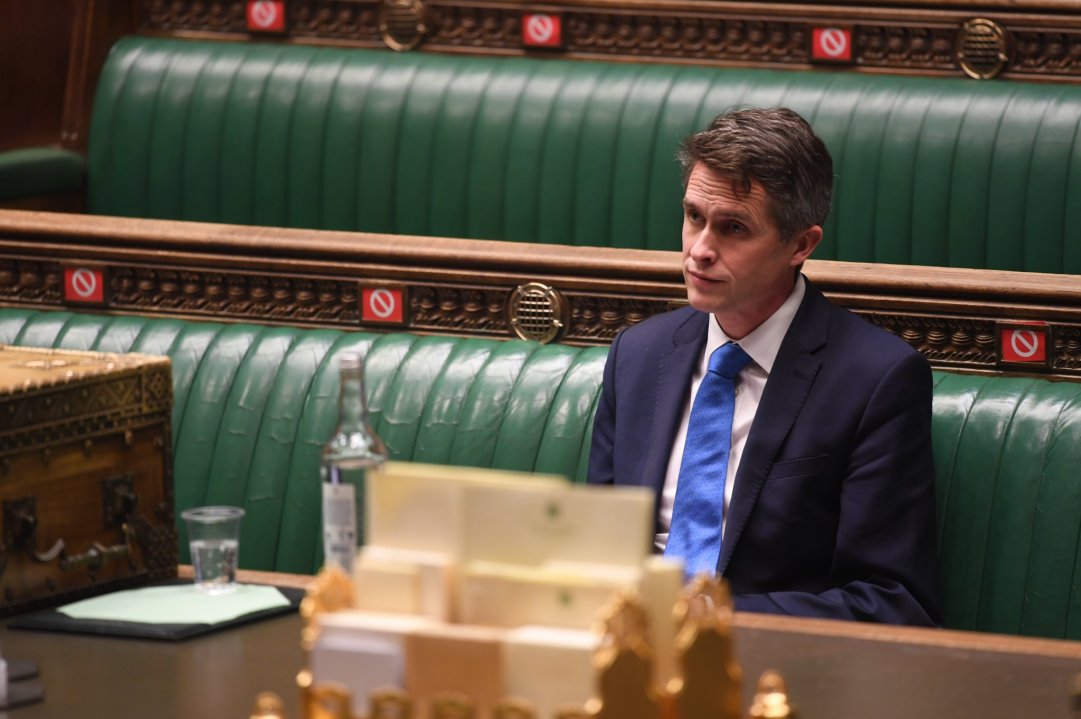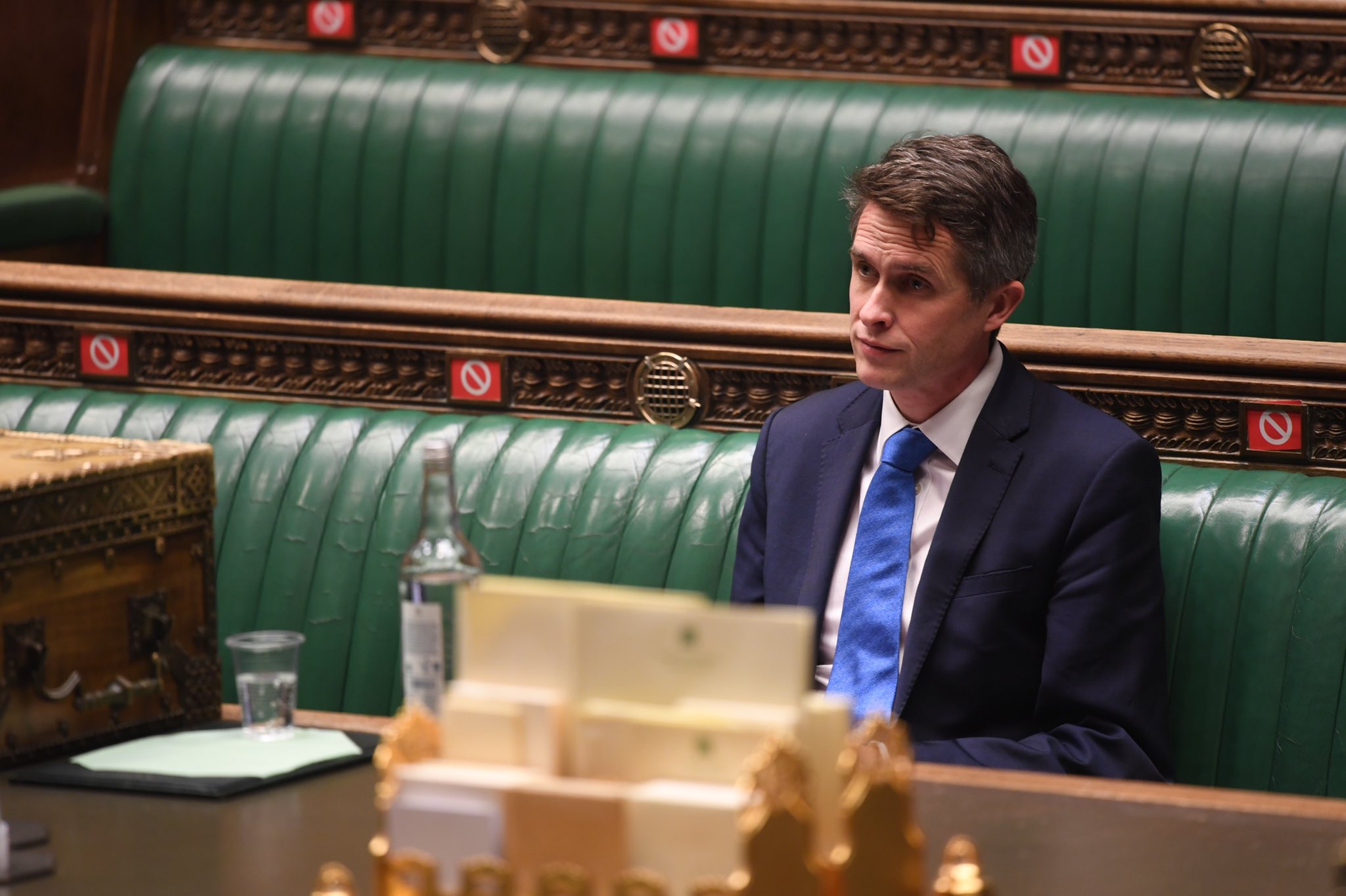It is much harder being an embattled minister in the socially distanced Commons than in normal times. There is no group of supportive MPs to arrange behind you, no ability to organise sympathetic noises from the backbenches as you give your statement explaining why you’ve taken a last-minute decision to close all schools when you said you wouldn’t and had been threatening councils who were trying to do so just before Christmas with legal action, and why you’ve spent the past few weeks insisting that exams would go ahead in the summer, only to cancel them this week too. On this charge sheet, Gavin Williamson would have struggled in any Commons setting when he explained why the government had changed its mind at the last minute. Perhaps, in fact, it was a mercy that he didn’t have a packed Chamber to address this afternoon, as chances are he would have faced a wall of noisy mockery and heckling from the Opposition benches. As it was, he had to listen to Labour’s Kate Green repeatedly calling him ‘incompetent’.
Williamson was clearly keen to counter suggestions that he had been taking decisions at the last minute and was struggling to keep up. He told MPs he was ‘setting out the contingency plans I had prepared but had hoped would never have to implement’, and repeated that ‘my department and Ofqual had already worked up a range of contingency options’. He also argued that the government had ‘learnt lessons’ from the first lockdown on online learning and exams, announcing that ‘we will put our trust in teachers rather than algorithms’ and that this year there will be a form of teacher-assessed grades, with training and support to ensure that these are awarded fairly and consistently across the country.
He also told parents to report schools to Ofsted if their children are not given enough work, with schools expected to provide between three and five hours of teaching a day, depending on the child’s age. This is a clear contrast from the chaos of the first lockdown, where some schools got up and running with remote learning pretty quickly and others left their pupils to fend for themselves for much longer.
Tory MPs do appreciate that the Education Secretary was fighting for schools to be open right up to the last minute for the right reasons, and are willing to give him the benefit of the doubt on that front. But their anxieties are largely over whether the government’s tech supplies for disadvantaged children will move fast enough. Pupils who do not have a laptop or tablet at home can attend their school along with the children of key workers and those who are vulnerable in the interim, but the focus has already moved very quickly from the behind-the-scenes battles between Williamson and other ministers, and onto whether his department really can ensure that this period of remote learning doesn’t entrench inequality as much as the first one.
 Isabel Hardman
Isabel Hardman
Can Gavin Williamson limit the impact of school closures?







Comments